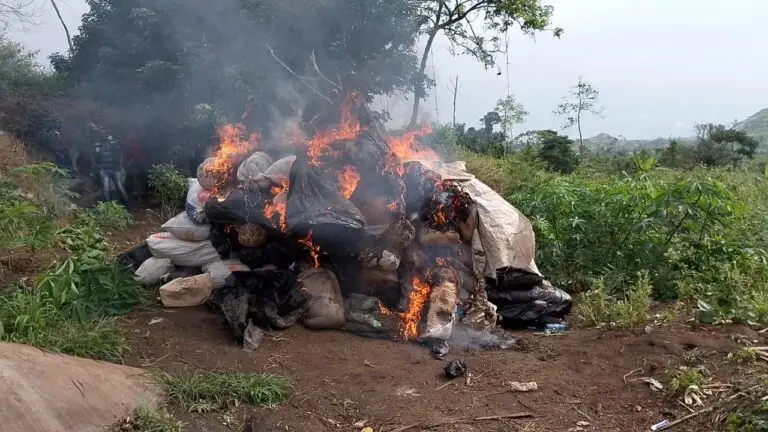Renowned cultural strategist and Director of the Órüpézá Festival, Edi Lawani, has reaffirmed the transformative power of cultural celebration in shaping Nigeria’s development and boosting its tourism sector.
Speaking in Lagos on Monday during the unveiling of Freedom Party Week 2025, Lawani emphasized that investing in culture is investing in the nation’s future.
He described festivals as more than entertainment—they are vital instruments for preserving heritage, fostering identity, and driving economic growth. “As Nigeria navigates the terrain of cultural diplomacy and soft power, Órüpézá Festival is emerging as a beacon of possibility,” Lawani stated.
Freedom Party Week 2025, scheduled to run from September 28 to October 1, will transform Lagos into a vibrant arena where ancestral traditions and modern creativity converge.
Lawani recalled the 2024 edition, which drew over 15,000 attendees and turned Freedom Park into a dynamic space of music, art, and dialogue. “It was a cultural marketplace where innovation met tradition,” he said.
This year’s event is expected to surpass previous attendance, with projections estimating over 20,000 visitors, including international tourists and local enthusiasts. The lineup includes cultural parades, fashion exhibitions, live music performances, film screenings, intellectual panels, and a curated marketplace featuring artisans and culinary innovators.
Lawani highlighted the symbolic significance of Freedom Park as the festival’s anchor venue. Once a colonial prison, the site has evolved into a sanctuary for creativity and remembrance.
“Órüpézá Festival mirrors the journey of Freedom Park—it transforms history into a living dialogue of resilience and identity,” he explained.
What sets Órüpézá apart, Lawani noted, is its commitment to cultural freedom. “We don’t treat heritage as frozen in time. We believe tradition can dance with the present, and history can inspire new forms of expression,” he said.
Freedom Party Week 2025 aims to deepen this ethos, inviting communities to not only celebrate culture but to interrogate and reimagine it. For Lagos, the festival represents both an economic opportunity and a cultural statement, reinforcing its reputation as Africa’s creative capital.
“Festivals like Órüpézá are not just spectacles—they are platforms where identity is shaped and freedom is performed,” Lawani concluded.

